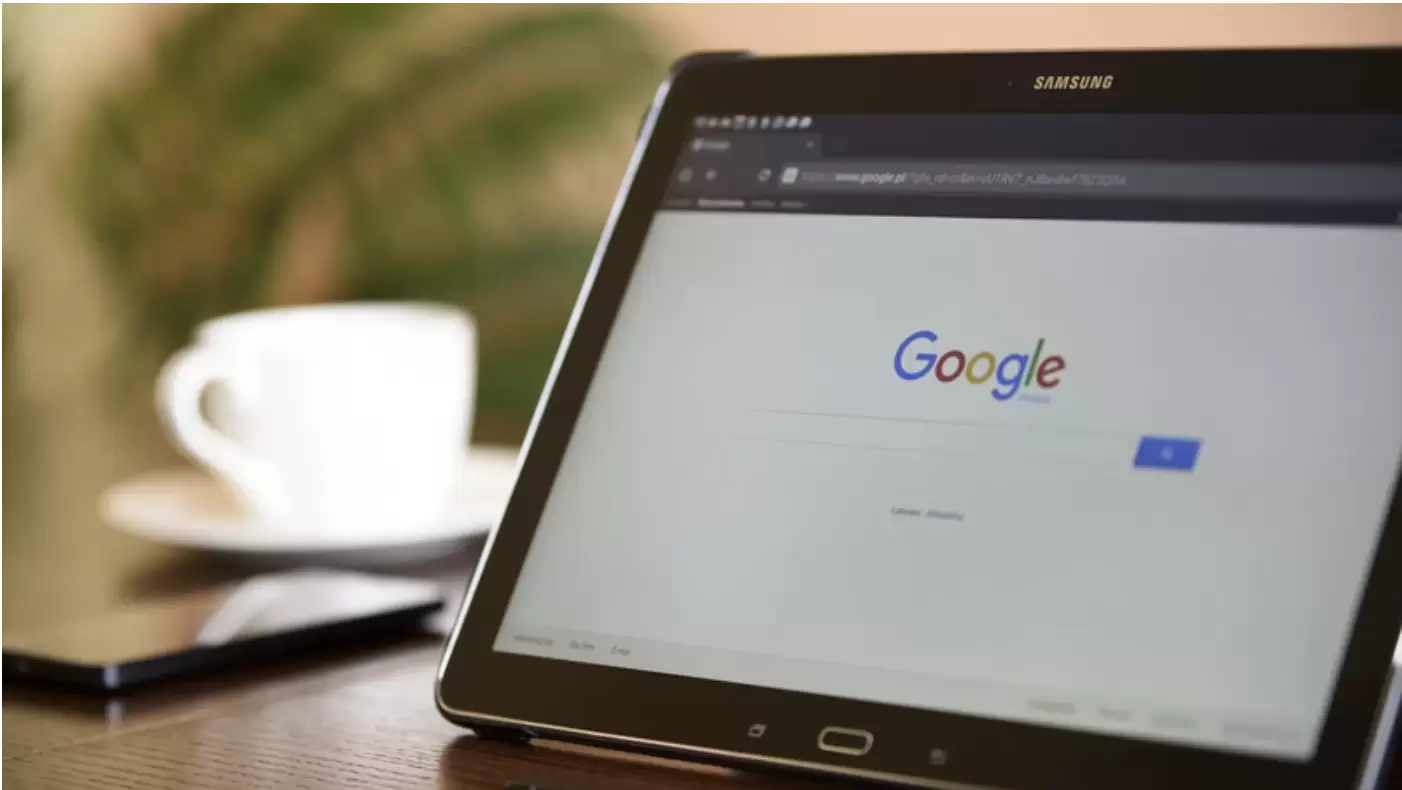IOL
Google Speech, in partnership with the research team based at the AI Research Center in Accra, Ghana, has announced the launch of Voice Search, talk-to-type on Gboard and voice input on Translate for 15 more African languages.
The new languages include Chichewa, Hausa, Igbo, Kikuyu, Nigerian Pidgin, Oromo, Rundi, Shona, Somali, Tigrinya, Twi, South Ndebele, Swati, Tswana and Yoruba.
This brings the total number of languages with voice support in Africa to 25 and 94 total languages across the world.
Enabling voice input across these new languages enhances digital accessibility for approximately 300 million people across the continent, allowing them freedom to interact with the web and communicate using the modality that comes most naturally to many people, their voice.
In Ethiopia alone, where Amharic is already available, the addition of Oromo and Tigrinya now enables over 85 million people, nearly 70% of the population, to voice type, search and translate on Google.
Kenya’s Kikuyu joins Swahili on Gboard and Voice Search, providing Kenyans with broader language options, while the major languages of Somalia and Burundi, Somali and Rundi respectively, have also been added.
In Southern Africa, Google has added Chichewa for Malawians and Shona for Zimbabweans.
Enabling voice input capabilities for around 65% of Malawi’s population and providing accessibility for roughly 12 million Shona speakers, including Google’s own SVP of Research, Technology & Society, James Manyika.
Additionally, voice input support for Tswana, South Ndebele, and Swati for use on Translate has been added, further connecting communities in Botswana, South Africa, and Eswatini to Google’s voice services.
In West Africa, Google has integrated Twi, one of Ghana’s most widely spoken languages. As well as four major languages in Nigeria – Hausa, Yoruba, Igbo, and Nigerian Pidgin, which together are spoken by an estimated 129 million people, in a total population of 218 million.
This expansion reflects Google’s ongoing efforts to build technology and increase access for Africans, driven by its Product Development Center in Nairobi, Kenya and its AI Research Center in Accra, Ghana.
Alex Okosi, Managing Director of Google Africa, commented, “This technology will make a difference to over 300 million more people across the continent, enabling them to interact with the web with just their voice. it’s one example of how Google in Africa is building technology for Africans and the world”.
Matt Brittin, Google’s President for Europe, Middle East, and Africa, added that the next decade will be “Africa’s digital decade, with more than half the population accessing the Internet for the first time”.
“Google’s mission is to organise the world’s information and make it universally accessible and useful. Extending Voice Search, voice typing on Gboard, and voice input on Translate to 300 million people across Africa is a key landmark in that,” continued Brittin.
African languages that were already on Voice Search and Gboard talk-to-type include Amharic, Afrikaans, Kinyarwanda, Sepedi, Sesotho, South Ndebele, Swahili, Swati, Tsonga, Tswana, Venda, Xhosa, and Zulu.
African languages with voice input already available on Translate include Afrikaans, Amharic, Kinyarwanda, Sepedi, Sesotho, Swahili, Tsonga, Xhosa, and Zulu.
